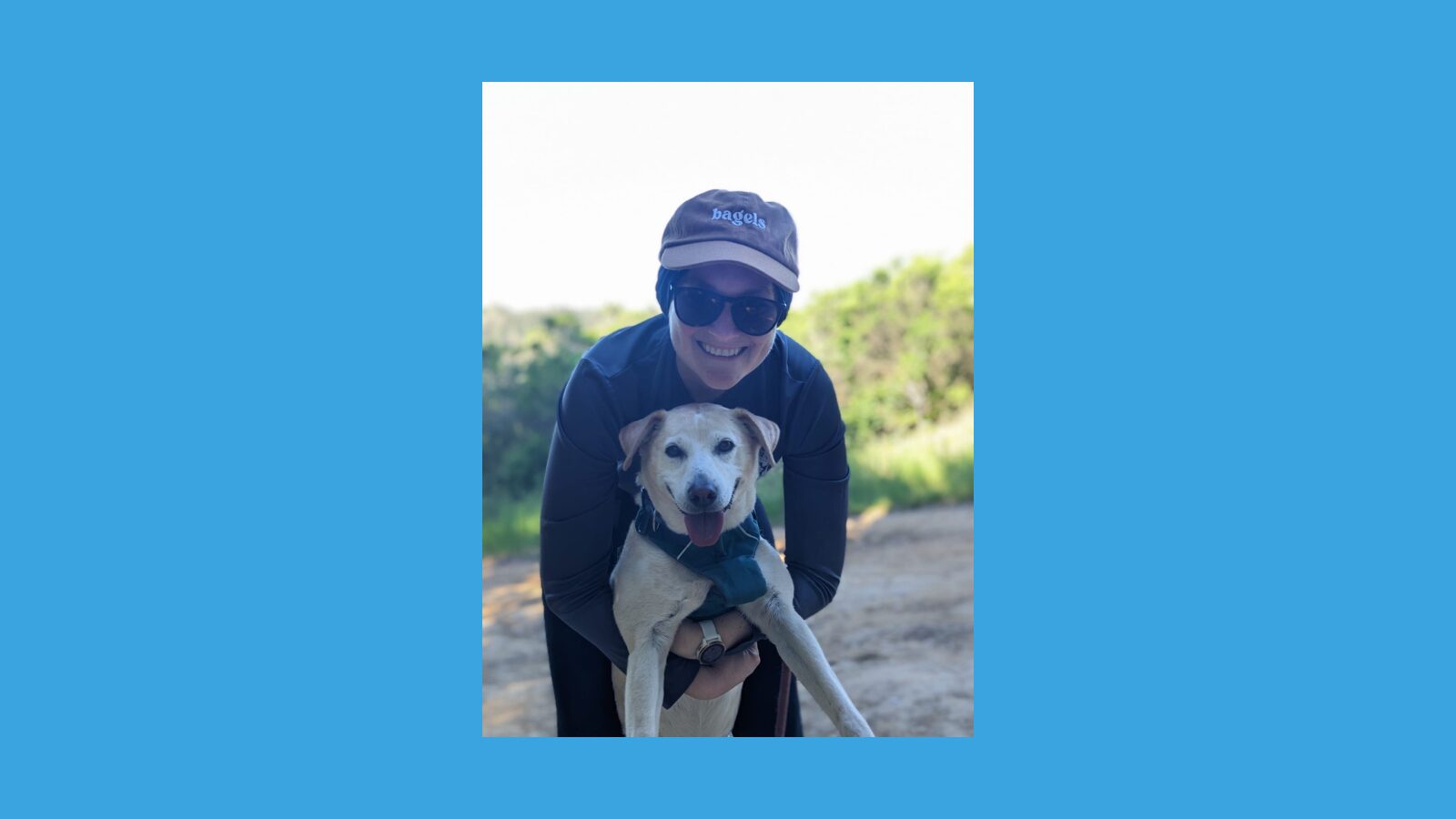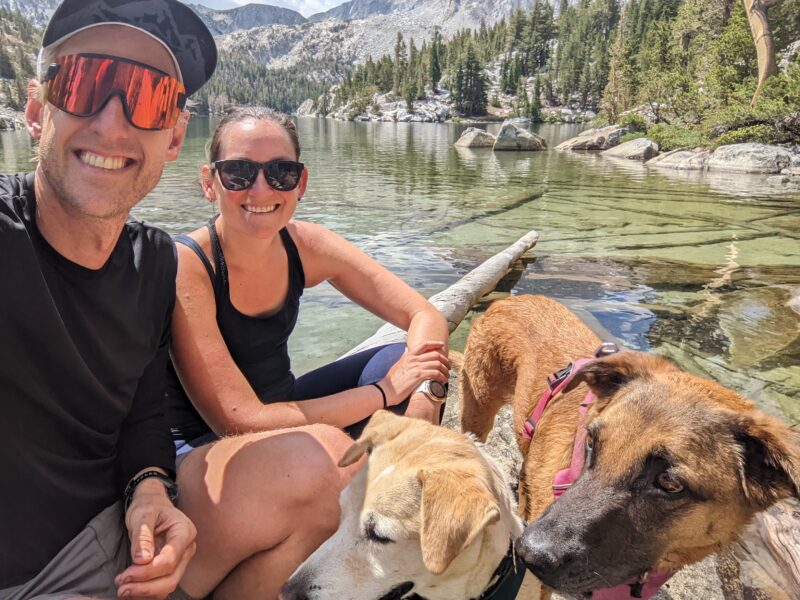Isolation: An Unexpected Side Effect of Clinical Trials
4 MINS to read

Pre-diagnosis, I had only ever heard the phrase “clinical trial” when there weren’t a lot of options for standard medical treatments left. It was dramatically used in TV shows and movies for the person fighting for one more shot at life. I, personally, never expected a breast cancer diagnosis, let alone to immediately join four clinical trials before I started the first phase of my high risk, regionally metastatic, triple negative breast cancer (TNBC) treatment.
One standard Thursday night, I went to bed and felt a lump on my left breast. It felt like a small, immovable stone under my skin, but considering I was 34 with no family history of cancer, I didn’t think much of it. I made an appointment the next day, went hiking over the weekend, and headed to NYC for a work trip that week, eating my weight in bagels. I returned home and headed to my gynecologist the next morning for what ended up being a life changing day.
A stat mammogram, ultrasound, fine needle aspiration, and a lot of empathetic, soft voices in a room throwing around words like “suspicious” and “probably cancer,” are how my husband and I entered our weekend. By Monday morning we had appointments scheduled for a fertility specialist, MRI, CT, biopsy, and a battery of other tests.
Before we had the results from a biopsy, the question came –
“Would you be interested in participating in a clinical trial?”
What? How bad is this? Am I dying tomorrow? It feels like nothing! At least that’s what I heard in my head.
In reality, participating in clinical trials is the reason we have the Standard of Care that exists today for breast cancer, and how treatment continues to improve and give everyone a fighting chance at survival. And that, I could get onboard with.
At that point, I decided to lend my body to science in hopes that what doctors can learn from me will benefit thousands of others in the future. To date, I am participating in 5 separate clinical trials, from learning about young women’s decision-making around fertility, to chemotherapy and diabetes, to the big one – a phase III clinical trial chemotherapy that has shown promise in reducing recurrence in TNBC patients.
My motivation for participating was clear – kill these tumors and keep them away; on top of that, as a data-driven person, the extra scans, bloodwork, and attention from the cancer center were all enticing. After understanding the risks for a phase III drug, Datopotamab Deruxtecan (Dato-DXd) was slotted in for my first 12 weeks of chemo.
Once I started chemo and the side effects began to set in, I discovered an additional effect of the clinical trial that was not discussed – isolation. I didn’t have anyone to talk to on the same regimen. Dr. Google was no help and even my local support group had near-zero experience. Why does this hurt? Does it get worse? How long did it take your hair to fall out? Though I have two dogs glued to my side and an extremely supportive, former oncology infusion nurse of a husband, I felt pretty alone.
Knowing that the I-SPY Trials was a common clinical trial program at large cancer centers, I knew there were more people out there like me. Others on their own, with a new drug, that just needed someone to talk to. So I turned to Reddit, the source of all truth (insert sarcasm disclaimer)! I found others that had posted about the trial or the drug and started to reach out. From there, 10 of us, all at different phases of treatment, found each other, sharing experiences through a new support group, allowing us to connect and discuss our experiences in real time. These connections provided a huge mental shift for most of us, allowing us to answer questions such as:
“What if it isn’t responding enough after the first 3 weeks?”
“What’s the cutoff to stay on the trial?”
“How do they get from tumor dimensions to functional tumor volume?”
“Does your dog/partner/child(ren) also wake you up too much while recovering?”
Now, we’re in this together, helping each other through the hardest days, and sharing in the successes and concerns of life. Through a little creativity and a lot of persistence, we have been able to connect with fellow clinical trial participants across the United States; sharing in the questions, uncertainty, and side effects of treatment, and eliminating at least one by creating a community where once there was isolation. — Julie Mansfield
